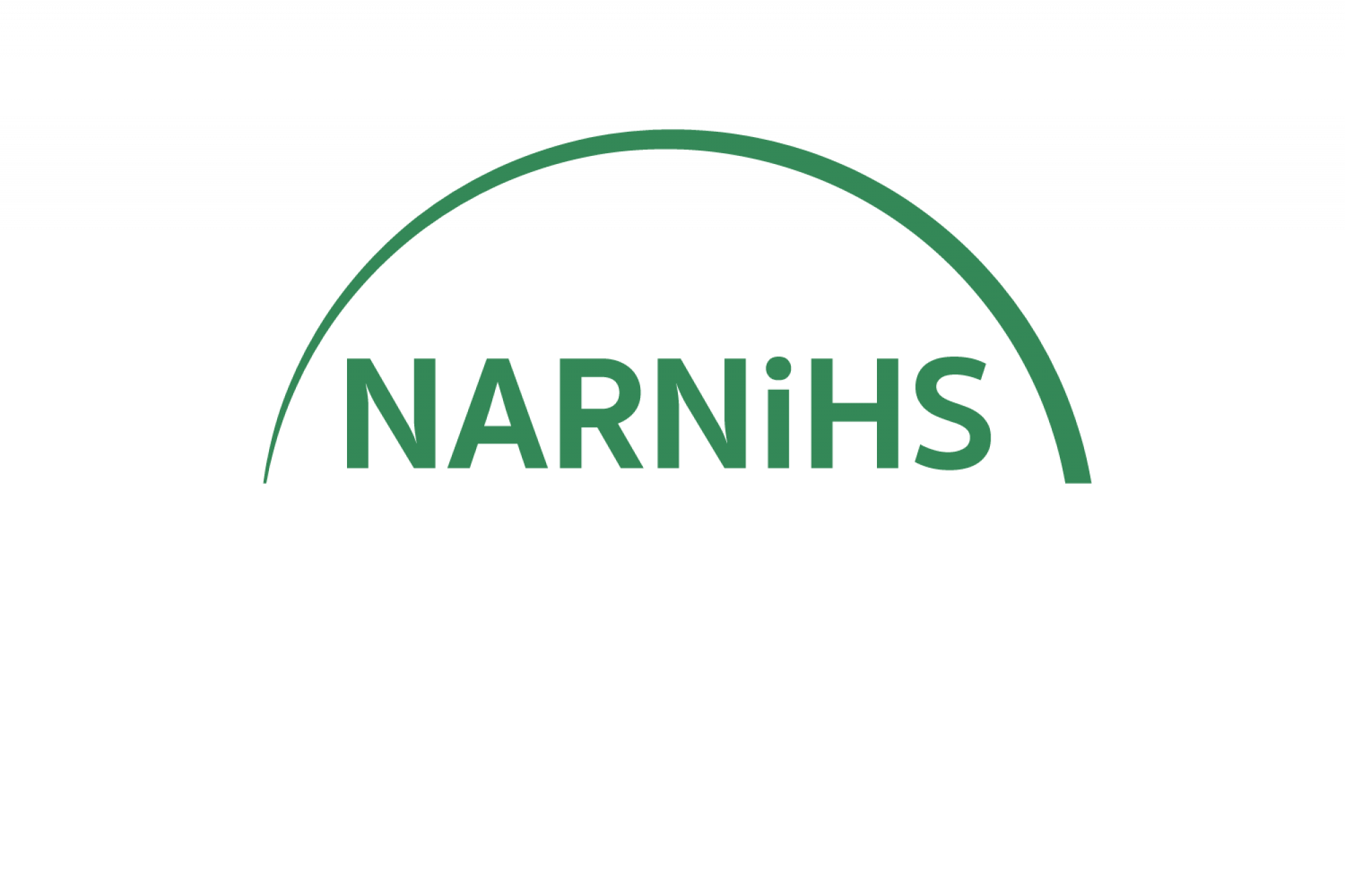Special NARNiHS Call for Abstracts
Historical Sociolinguistics thread at SHEL-12
The North American Research Network in Historical Sociolinguistics (NARNiHS) is pleased to partner with the organizers of the biennial conference, Studies in the History of the English Language, to sponsor a special thread on the Historical Sociolinguistics of English at the upcoming SHEL-12 at the University of Washington on 19-21 May 2022.
For this special SHEL-12 historical sociolinguistic thread, NARNiHS welcomes abstracts in all areas of English historical sociolinguistics, which is understood as the application/development of sociolinguistic theories, models, and methods for the study of historical English language variation and change over time, or more broadly, the study of the interaction of English language and society in historical periods and from historical perspectives. A wide range of linguistic areas, subdisciplines, and methodologies easily find their place within the field, and we encourage submission of abstracts that reflect this broad scope in the study of the historical sociolinguistics of English.
Abstracts will be evaluated on the following criteria:
– explicit discussion of which theoretical frameworks, methodological protocols, and analytical strategies are being applied or critiqued;
– sufficient (if brief) presentation of data sources and examples to allow reviewers a clear understanding of the scope and claims of the research;
– clear articulation of how the research advances knowledge in the historical sociolinguistics of English.
The official Call for Papers for SHEL-12, including abstract format and submission information, is included below. We look forward to receiving your abstracts by the submission deadline: 01 November 2021.
Full Title: Studies in the History of the English Language
Short Title: SHEL-12
Date: 19-May-2022 – 21-May-2022
Location: University of Washington, Seattle, USA
Contact Person: Colette Moore
Meeting Email: SHEL12@uw.edu
Web Site: https://depts.washington.edu/shel12/
Linguistic Field(s): Historical Linguistics
Subject Language(s): English
Call Deadline: 01-Nov-2021
Meeting Description:
Biennial conference examining aspects of the history of the English language.
Call for Papers:
We invite abstracts and proposals for all linguistic approaches and methodological perspectives on HEL, and welcome presentations on all varieties of English and chronological periods of the language. We hope to have several threads/workshops included in the conference program:
* Historical English Sociolinguistics. Organizers: North American Research Network in Historical Sociolinguistics (NARNiHS) (NARNiHistSoc@gmail.com).
* English and Empire. Organizers: David West Brown (dwb2@andrew.cmu.edu) and Taryn Hakala (taryn.hakala@csuci.edu).
* HEL and Writing Studies. Organizers: Chris C. Palmer (cpalme20@kennesaw.edu) and Amanda Sladek (sladekam@unk.edu).
* Advocacy in HEL and HEL as Advocacy for the Humanities. Organizers: K. Aaron Smith (kasmit3@ilstu.edu) and Susan Kim (smkim2@ilstu.edu).
* Teaching the Future of English: Pedagogy in the HEL Course. Organizers: Melinda Menzer (Melinda.Menzer@furman.edu) and Felicia Jean Steele (steele@tcnj.edu).
Deadline for abstracts: Nov 1, 2021.
Submission procedure: Please submit proposals to SHEL12@uw.edu. Indicate A/V needs on the cover email.
* regular submissions (20 minute papers): please submit an abstract of no more than 1 page.
* threads: If you are interested in participating in one of the proposed threads above, please indicate that in your email. Please submit an abstract of no more than 1 page. Feel free to contact the session organizer in addition to submitting to the conference email. If you are interested in convening a workshop or thread of related papers, please contact the organizers as soon as possible to discuss a proposal.
We will provide information about accommodation, schedule, and registration on the conference website (https://depts.washington.edu/shel12/). Please send questions to SHEL12@uw.edu.
